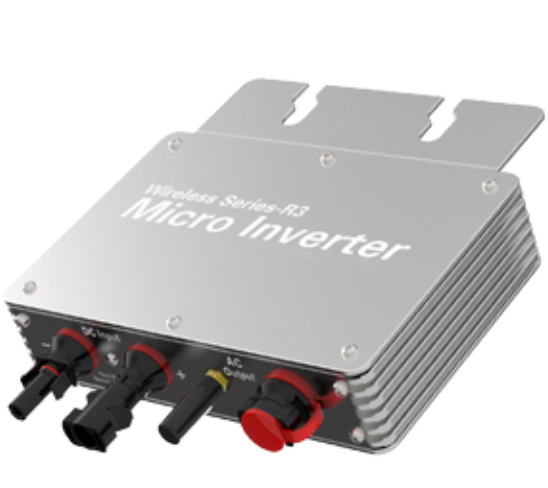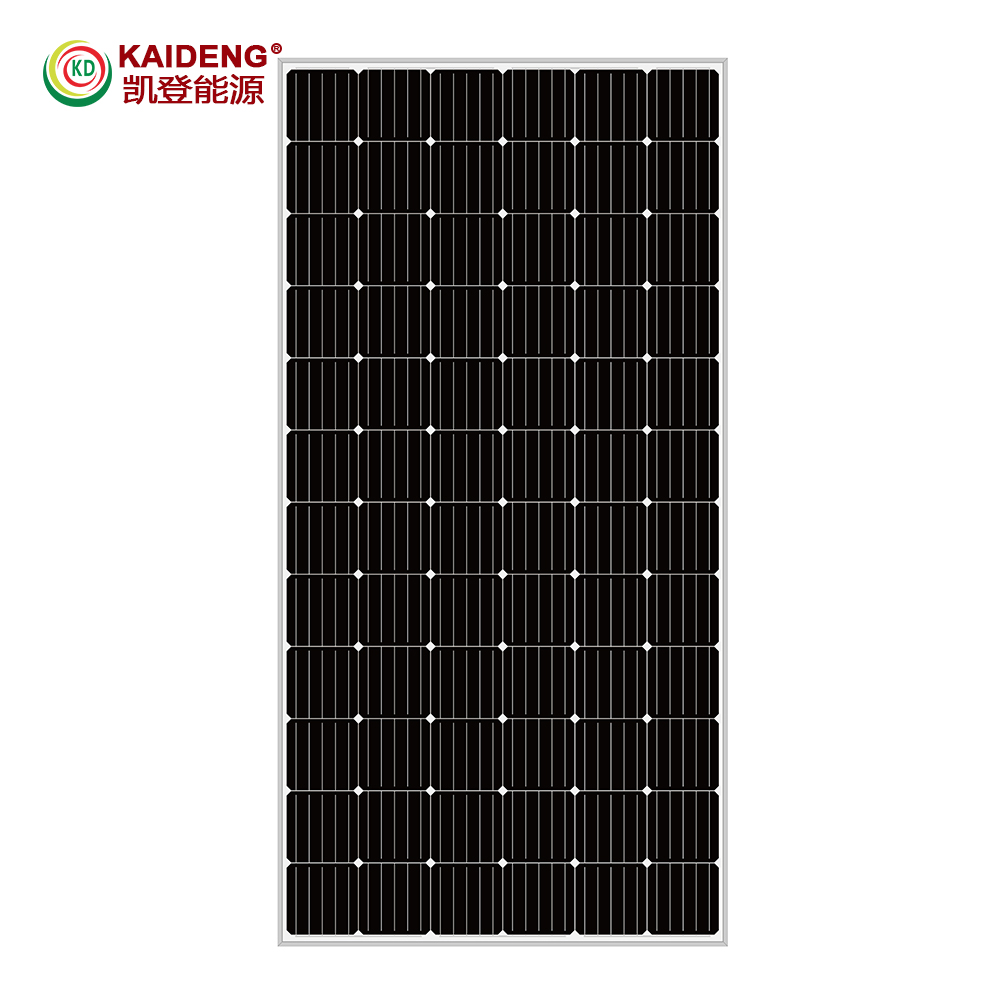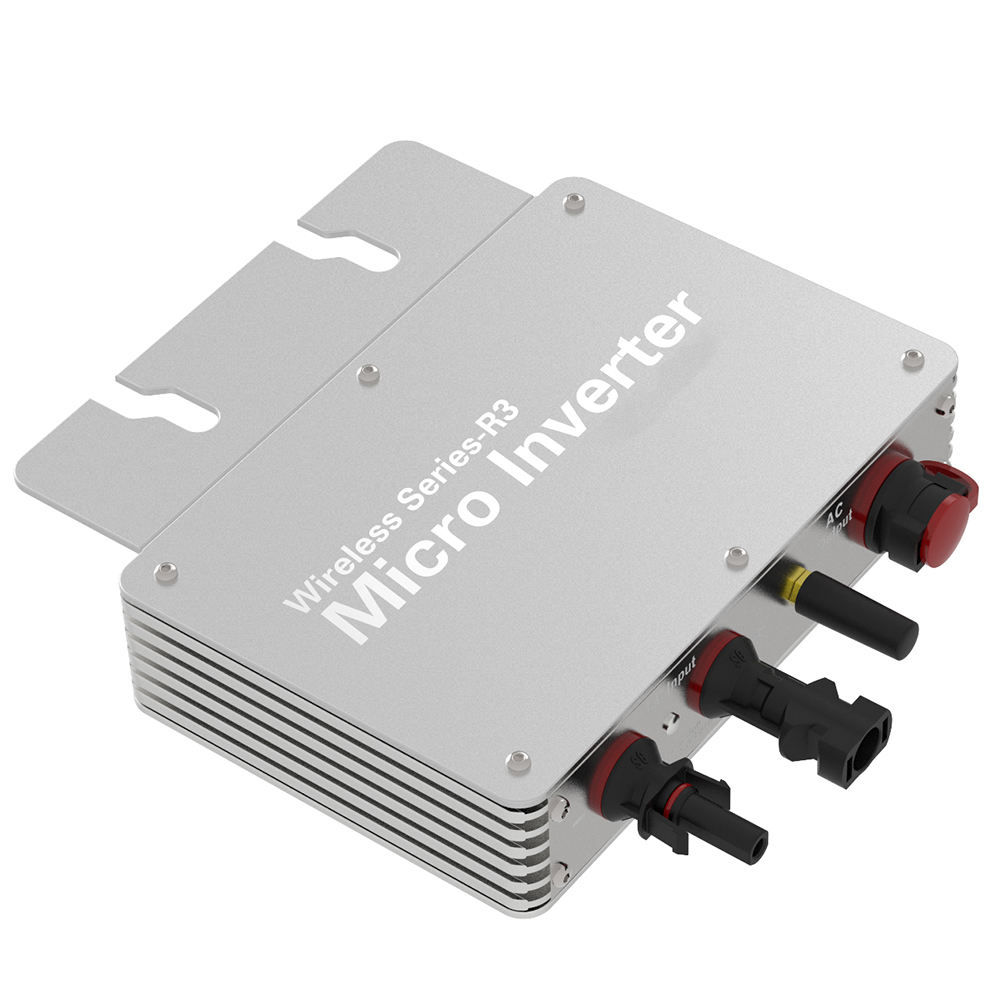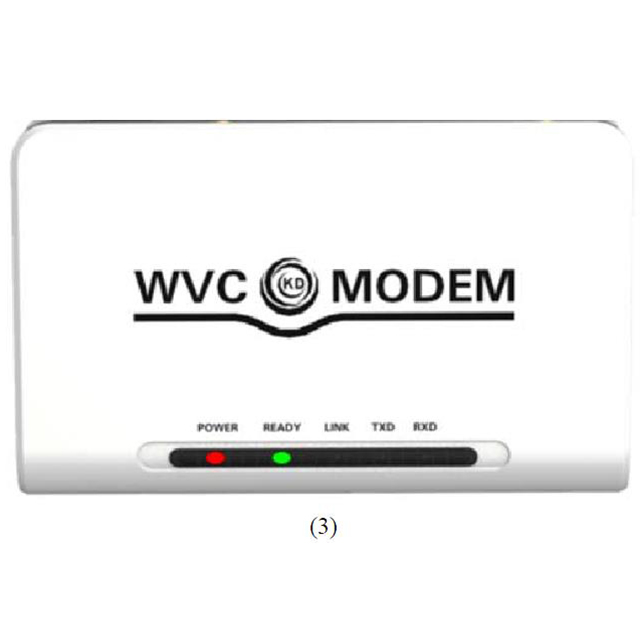Grid-connected inverters and off-grid inverters are two different types of inverters, which are used in different power generation systems. The main difference between them lies in their working mode and application scenarios.
First, let's take a look at the grid-connected inverter. A grid-connected inverter is an inverter designed to be connected to the public power grid. It is mainly used to convert the DC power generated by the solar power generation system or other renewable energy system into AC power and supply it to the public power grid. Grid-connected inverters usually have high efficiency, stability and safety, and can effectively inject the electric energy generated by the renewable energy power generation system into the power grid, realize energy complementarity and sharing, and promote the utilization and development of renewable energy.

An off-grid inverter is an inverter designed for an independent power generation system. It is mainly used to convert the DC power generated by the solar power generation system or other renewable energy system into AC power and supply it to independent power generation equipment, such as household power equipment, rural power equipment, etc. Off-grid inverters usually have high reliability and stability, which can make independent power generation systems self-sufficient and independent of power grid power supply. They are suitable for some remote areas or places where power grid power supply is unstable.
It can be seen that although both grid-connected inverters and off-grid inverters are inverters used for solar power generation systems or other renewable energy systems, their working modes and application scenarios are significantly different. In real applications, it is possible to use grid-connected inverters and off-grid inverters at the same time, but they need to be reasonably configured and designed according to the specific situation. For example, the grid-connected inverter can be used to inject the power of the solar power generation system into the power grid, and the off-grid inverter can be used to supply the power to independent devices to achieve energy complementarity and optimization of the system.
In general, although there are differences between grid-connected inverters and off-grid inverters, they can be used together in some specific cases to achieve a more reliable, efficient and flexible renewable energy power generation system. With the continuous development and popularization of renewable energy technology, the application scope of inverters will become more and more extensive, making greater contributions to promoting the utilization and sustainable development of green energy.



